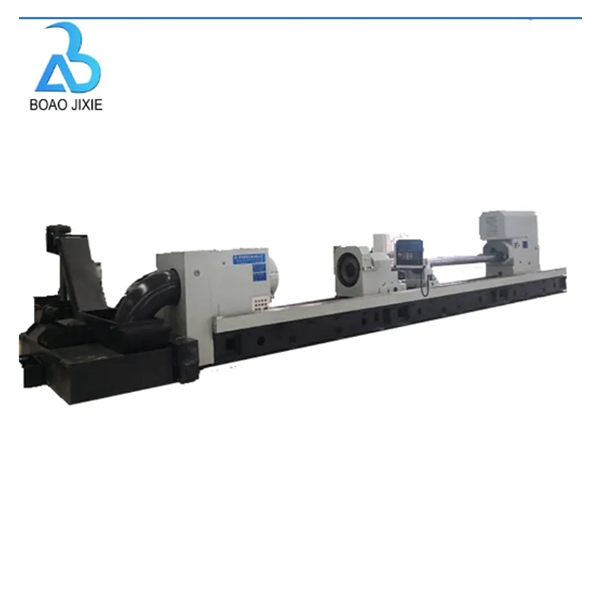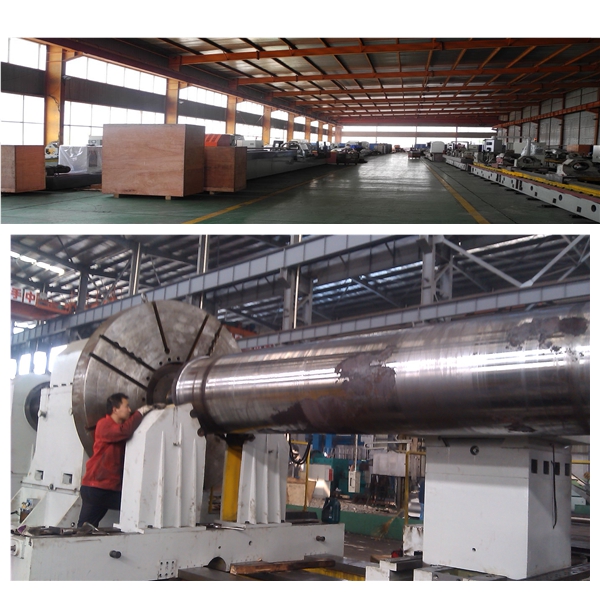Deep hole drilling is a specialized machining process used to form holes with a high aspect ratio. The process is commonly used in industries such as aerospace, automotive, and oil and gas, where the need for precision and efficiency is critical.
What is deep hole drilling?
Deep hole drilling involves removing material to create a hole that is often deeper than ten times its diameter. The process is used to make components such as gun barrels, hydraulic cylinders and oil well drilling equipment, where forming long, straight and precise holes is critical.
Deep hole drilling can be achieved through a variety of methods, including gun drilling, BTA drilling, jet drilling, etc. For example, gun drilling involves using a long, straight tool to remove material from a workpiece, while BTA drilling uses a single blade to remove chips from the hole. Jet drilling, on the other hand, utilizes a combination of drilling and boring to achieve high-precision deep holes.
One of the key challenges in deep hole drilling is the efficient removal of chips and heat from the cutting zone. To solve this problem, specialized cutting tools, coolant and high-pressure systems are often used to ensure the process goes smoothly and the quality of the hole is maintained.
The advantages of deep hole drilling include the ability to create precise, straight, smooth holes with a high aspect ratio. This is critical for applications where tight tolerances and surface finish are critical. Additionally, deep hole drilling increases productivity by reducing the need for secondary machining and minimizing material waste.
In summary, deep hole drilling is an important process in manufacturing, producing components with long and precise holes. By leveraging advanced technology and equipment, manufacturers can achieve the high precision and efficiency required for a variety of applications.
Post time: Jun-01-2024


